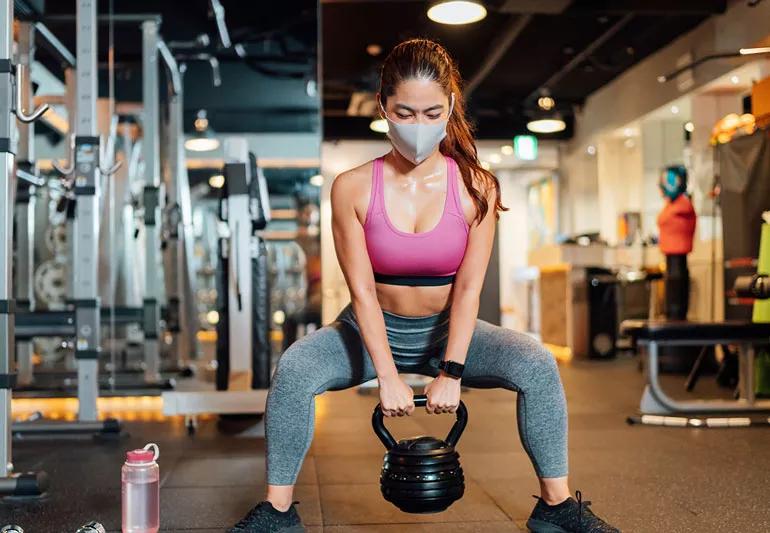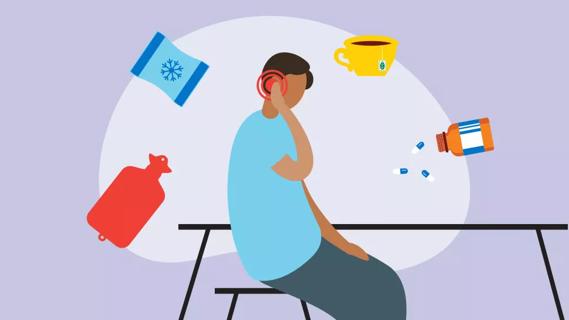Advertisement
The short answer from an infectious disease specialist

A: Look for a face mask that sits higher up off your mouth and nose so that you’re not sucking your mask back in when you breathe. You’ll want your mask to fit properly and be comfortable and breathable, but you also want a seal around the nose and mouth. So look for a mask that fits tightly, but allows for comfortable breathing.
Advertisement
Cleveland Clinic is a non-profit academic medical center. Advertising on our site helps support our mission. We do not endorse non-Cleveland Clinic products or services. Policy
Several fitness brands have released face masks specifically for exercising that use moisture wicking fabric or a blend of spandex. These types of fabric can feel lighter and easier to breathe in. Be sure to wash your face mask or use a new one after every workout.
I don’t recommend exercising in vented face masks because those don’t offer protection to anyone. Vented masks are meant for keeping out dust particles when you breathe in, but when you breathe out respiratory and mucus particles can come out as well.
Wearing a face mask is going to make exercise a little more difficult, but it can be done safely. If you exercise with a face mask on, be sure to monitor how you’re feeling and watch for signs of lightheadedness, dizziness and shortness of breath. You might need to modify your workout depending on how adjusted you are to exercising with a face mask on. Someone who has a high level of fitness might not feel the effects of a face mask as much as someone who just started to exercise.
If you have an underlying medical condition, talk to your doctor before opting to wear a face mask while exercising.
– Infectious disease specialist Kristin Englund, MD.
Advertisement
Learn more about our editorial process.
Advertisement

Infection and inflammation can cause you to lose your voice and have other voice changes until you’re fully healed

A COVID-19 infection can bring on depression or anxiety months after physical symptoms go away

Just like the flu, COVID-19 continues to evolve every year with new and smarter variants

The latest omicron subvariants carry specific mutations that may allow the SARS-CoV-2 virus to be better at evading immune protection

Research shows the virus can affect your ability to get or maintain an erection

The method can bring faster strength gains, but it’s not necessary

RSV can lead your child to develop pneumonia and have trouble breathing

Getting vaccinated in October can help protect you against severe illness between November and March

Not all ear infections need antibiotics — cold and warm compresses and changing up your sleep position can help

A glass of lemon water in the morning can help with digestion and boost vitamin C levels, and may even help get you into a better routine